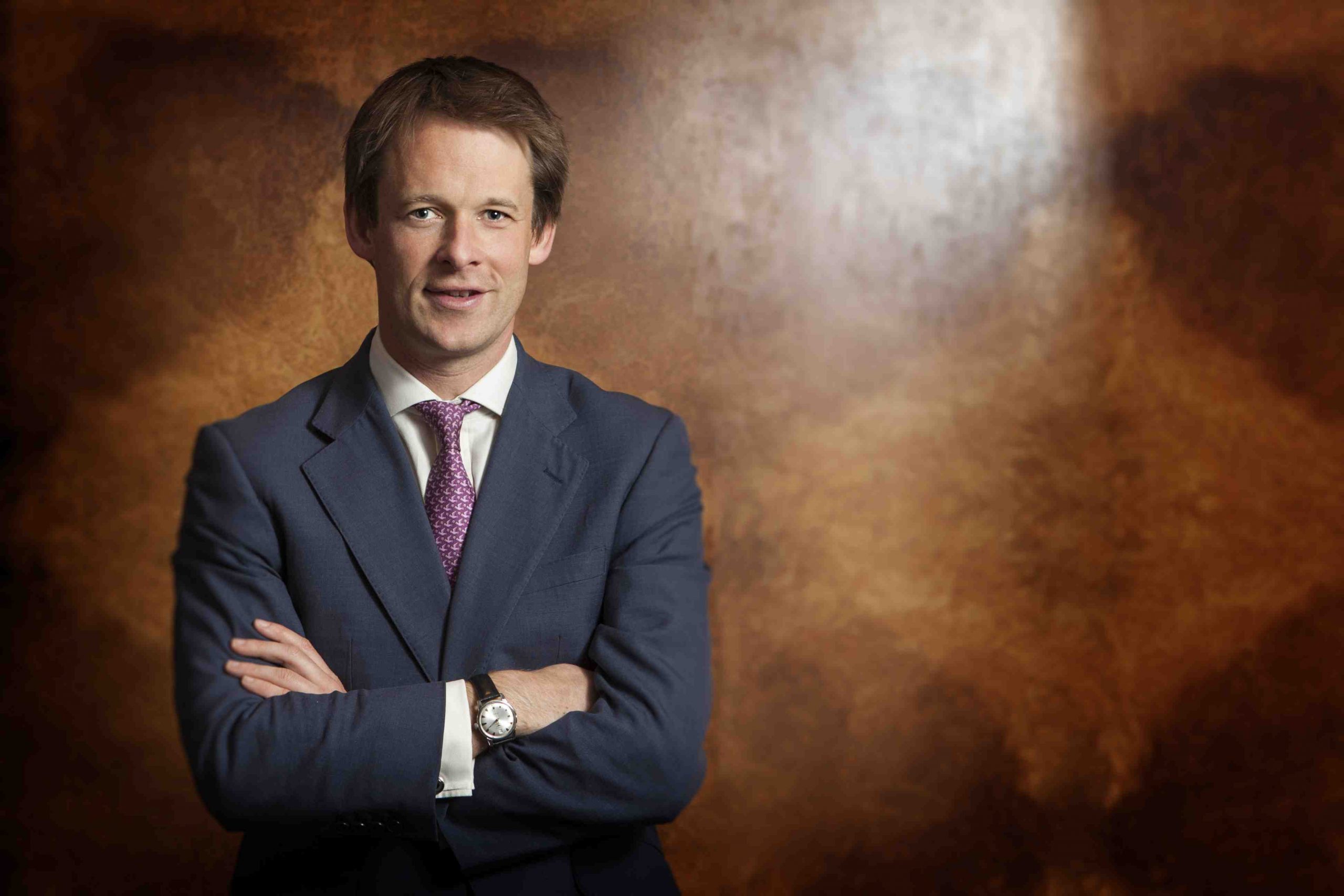A process based on valuation, and long-term perspective, are the two principles that have earned Simon Brazier success at the helm of the UK equities strategy at Threadneedle. After nearly a decade as a specialist in British shares in the team at Schroders, he joined Threadneedle in 2010.
“All decisions are made based on the valuation of the companies, and whether the business model makes sense within the next three to five years. Our vision is long term. We use market volatility in the short term to take advantage of the opportunity of the valuation in the long term,” said the expert in an exclusive interview with Funds Society.
All decisions are made based on the valuation of the companies
A team of 14 people, including managers and analysts, closely follow the British market; visiting and understanding the business of each of the companies they invest in. “Last year we performed more than 1,000 company visits. Many times we have between 3 and 4 meetings a day.”
The analysis of each company is based on three fundamental levels going through the business model, the economic model and the management team. “We are focused on business models with sustainable cash flows and strong dividend yield,” he says. “On the other hand, we analyze that the management team is making the right decisions to allocate capital properly. In general, we focus on companies with a strategy that works for a period of the next 3-5 years.”
Another one of the strengths of strategy is the diversification of the portfolio, which they use as a tool to limit the downside risk. “We have about 70 securities in the portfolio. We diversify by security and by themes, i.e., sometimes we have several names for a particular idea. This allows us to limit the downside risk, both at company and at a sectoral level.”
The UK equity strategy already has almost 1.4 billion pounds (approx. 2.2 billion dollars) in assets under management, and it seems that this asset class is increasingly present in the radar of portfolio managers globally. “We have customers in Israel, Portugal, Kuwait or Chile. The world is increasingly looking at the UK.”
The world is increasingly looking at the UK
According to the expert, the interest in the UK market makes sense despite economic uncertainties; he himself acknowledges that in the longer term, he is more confident in the UK market than in the country’s underlying economy. “British companies are unique in that 75% of profits are not generated within the country. Examples are Diageo or Astra Zeneca. Besides, the equity market in the UK is not only very liquid, it is the third largest in the world after the U.S. and Japan, as big as Germany and France together,” he says.

